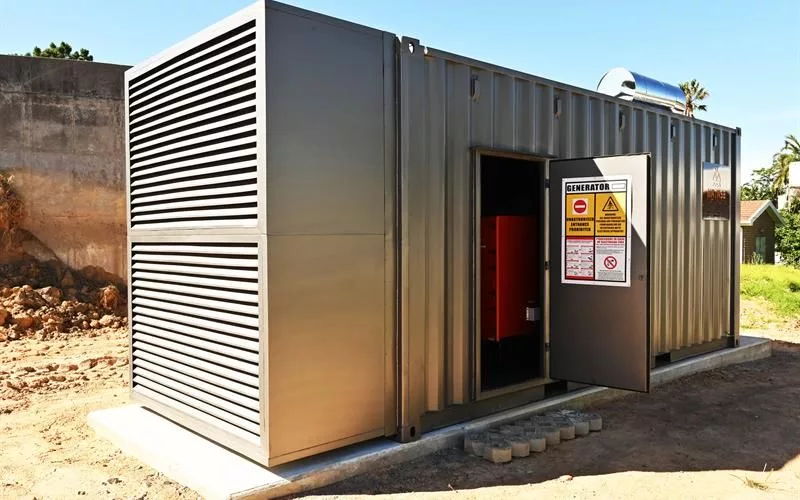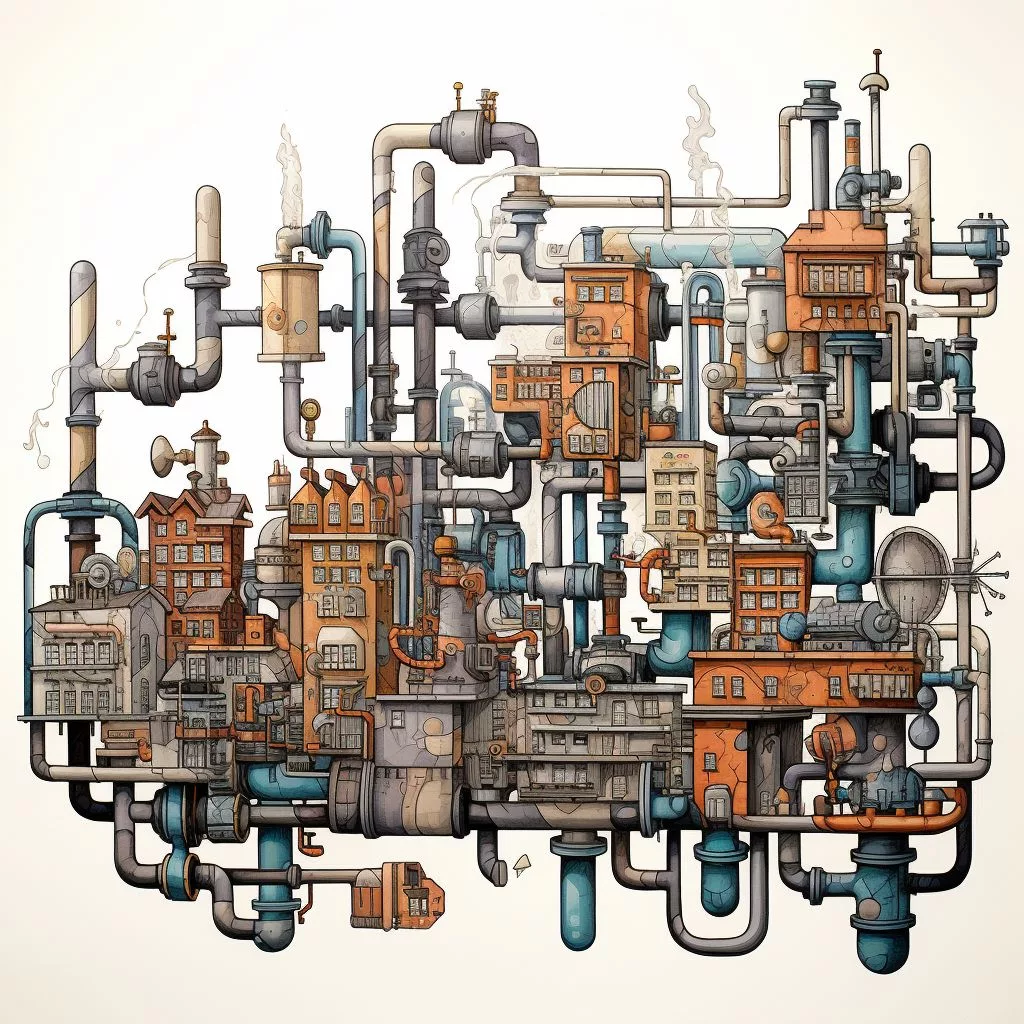How is Cape Town building resilience against load-shedding in water and sanitation systems?
The Water and Sanitation Directorate is investing R87 million in generators and uninterrupted power supply facilities for sewage and water pump stations, large-scale water treatment plants, and wastewater treatment plants. The city is also implementing measures to lessen the impact of load-shedding, such as round-the-clock maintenance staff, mobile pumps, and sewage suction tankers. Residents are encouraged to conserve water and dispose of waste responsibly to support effective operations during load-shedding.
Building Resilience against Load-Shedding
At the bustling core of our city, an audacious endeavour is being constructed – an initiative aimed at strengthening the durability of water and sanitation systems against the challenges of load-shedding. The Water and Sanitation Directorate is committed to developing and investing in the resilience of the city’s operations to load-shedding. Key aspects of this project include water and sewage pumping stations, water purification facilities, and waste treatment plants.
The project is valuable in numerous ways. By consolidating these operations, the likelihood of sewage overflows diminishes, securing an unbroken supply of potable water to residents in elevated areas during extended load-shedding stages.
Situated within the city’s framework are crucial elements that assure the seamless functioning of our water and sanitation services. These comprise large-scale water treatment plants, water pump stations, sewage pump stations, and wastewater treatment works (WWTWs).
Understanding the Role of Vital Components
The large-scale water treatment facilities hold a key position in the purification of water from dams and reservoirs to comply with national standards, making our tap water safe to drink and utilize. Water pump stations offer a vital service, transferring water from these treatment plants to properties located in elevated areas. Sewage pump stations secure the uphill movement of waste from properties to wastewater treatment facilities. WWTWs handle the inflow of sewage and wastewater from homes, businesses, and industries, ensuring the optimal treatment to the necessary standard for reuse and release into our waterways.
In the fiscal year of 2023/2024, the Water and Sanitation Directorate has set aside an impressive R87 million for the acquisition of generators and uninterrupted power supply (UPS) facilities for sewage and water pump stations, and for large-scale water and wastewater treatment plants. This investment will expand to a sum total of R216 million over the coming three fiscal years.
This investment will benefit several facilities servicing residents in Cape Town. These include eight sewage pump stations, sixteen water pump stations, eleven large-scale water treatment plants that supply a significant portion of Cape Town with clean, potable water, and six WWTWs.
Reducing Impact of Load-Shedding
Not only is the Water and Sanitation Directorate focusing on infrastructure, but they are also executing an array of continuous measures to lessen the impact of load-shedding. These actions range from the implementation of generators and UPS facilities based on priority, to maintenance staff being available round the clock, and the utilization of mobile pumps and sewage suction tankers to decrease overflows where feasible.
Another notable project has seen the city allocating R16 million to enhance all sewage pump stations with telemetry, a key instrument to monitor sump levels at these facilities. The operations of all sewage pump stations are carefully observed, particularly in conjunction with the load-shedding schedule.
These collective endeavors plot a path towards constructing resilience against the adverse effects of load-shedding. It is recognized that these solutions are not cure-alls; sewer overflows and water supply interruptions can still occur. However, residents can rest assured that the teams are doing their utmost with the resources available, guaranteeing continued investments into making the water and sanitation operations more resilient to load-shedding over time.
Residents’ Role in Ensuring Effective Operations
Residents, too, have a significant part to play in supporting water and sanitation services during extensive, high stages of load-shedding. They are advised to be mindful of water usage, to conserve storage in our reservoirs. It is suggested that toilets should be flushed, and washing should be done only when absolutely necessary to lessen pressure on the sewer network, pump stations, and WWTWs. Additionally, residents are encouraged to dispose of waste and recyclables responsibly to avoid clogging drains, to report sewer blockages and overflows promptly, and to immediately notify authorities of any damage to the sewage distribution system.
Residents can submit service requests about water and sanitation issues through multiple channels, including WhatsApp, online portals, email, SMS, call centers, or by visiting a City walk-in center.
As the city continues to invest and modernize its infrastructure, residents can be assured that they can still safely consume and use tap water even during load-shedding. The collaborative efforts of the City and its residents are progressively leading the way to a load-shedding resilient water and sanitation system.








